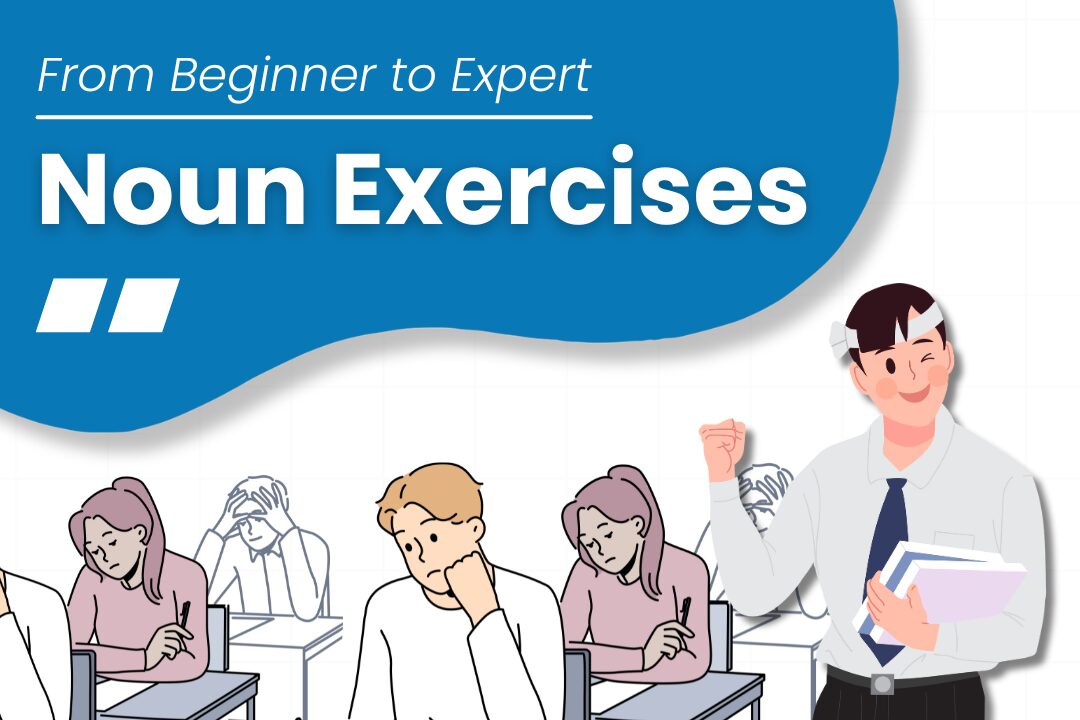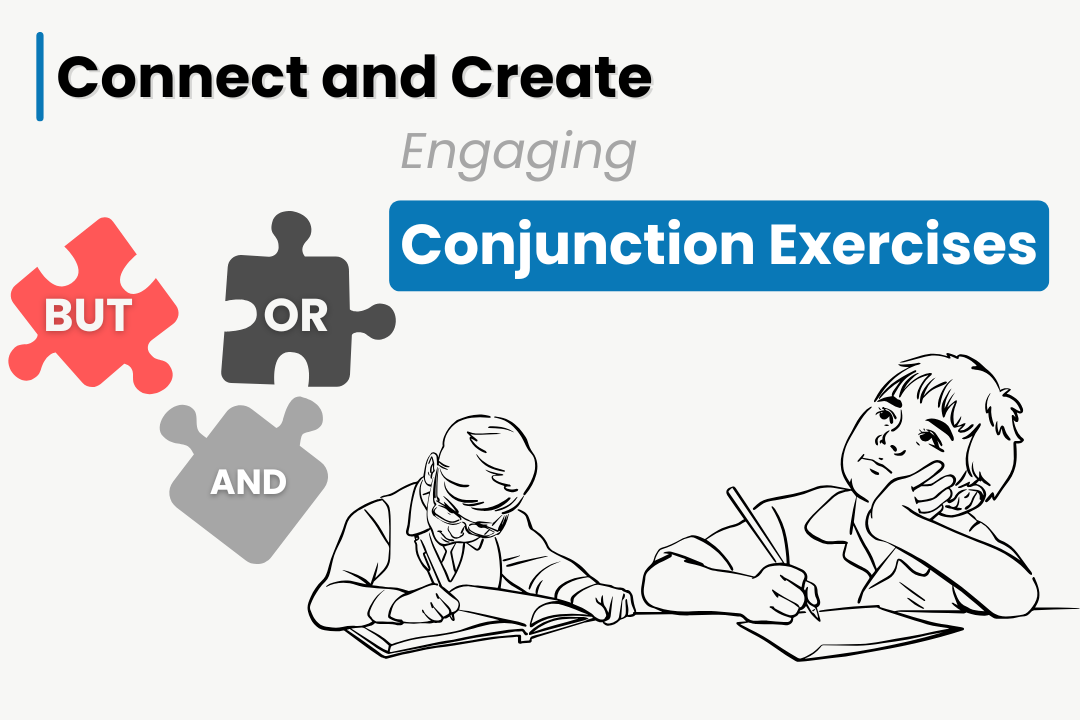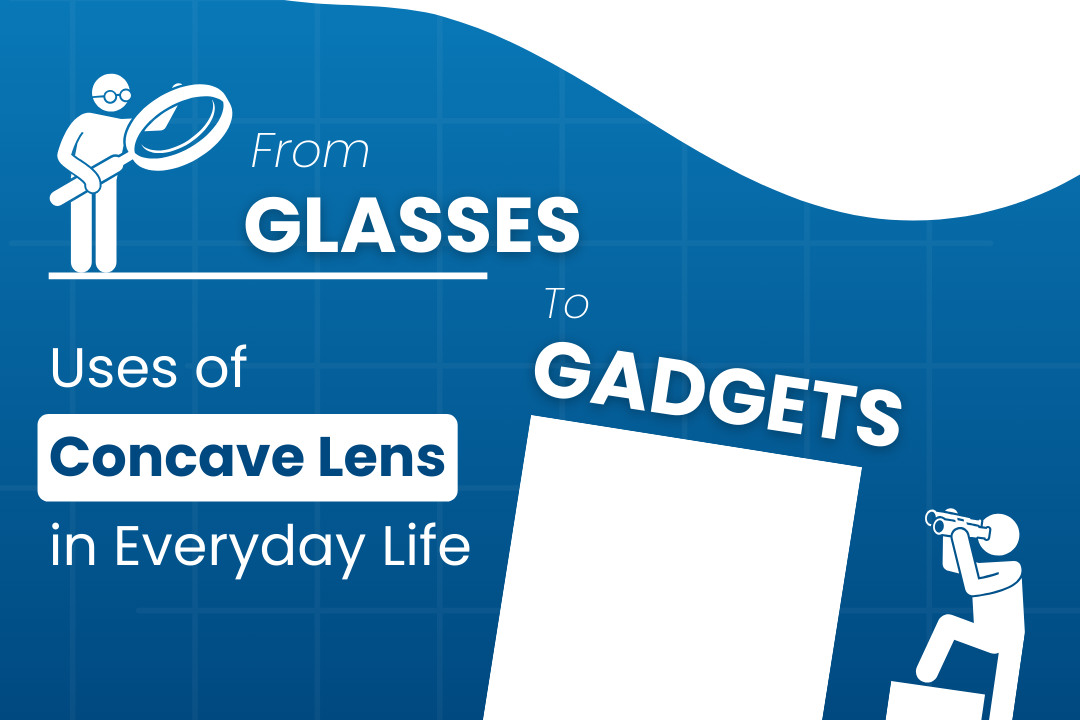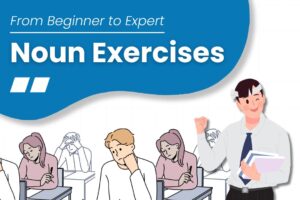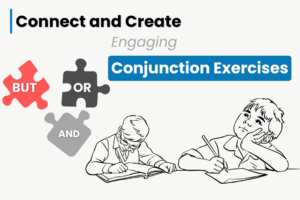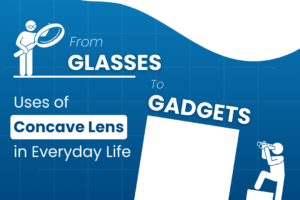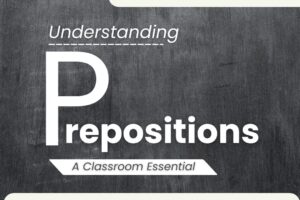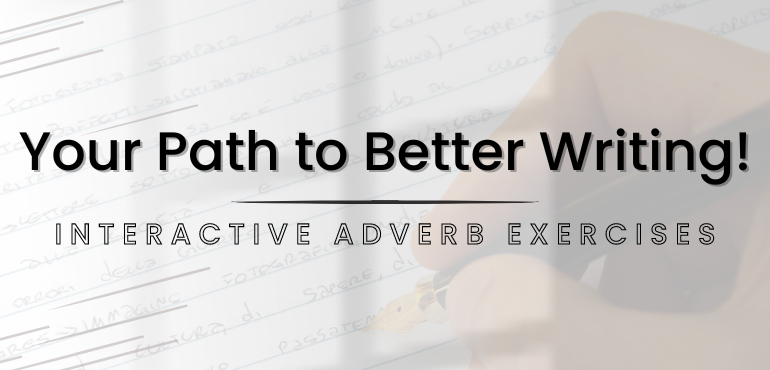
Adverbs are a crucial part of speech that can significantly enhance your writing. They modify verbs, adjectives, and other adverbs, providing additional context such as how, when, where, and to what extent something occurs. Understanding and using adverbs effectively can make your writing more precise and engaging. This article overviews adverbs and offers comprehensive exercises to help you master their usage.
What are Adverbs?
Adverbs are words that modify verbs, adjectives, other adverbs, or entire sentences. They typically answer questions like “how?”, “when?”, “where?”, “why?”, and “to what extent?”.
For Example:
- How? She sings beautifully.
- When? He will arrive tomorrow.
- Where? They looked everywhere.
- Why? She left because she was tired.
- To what extent? He is very talented.
Adverbs often end in “-ly,” but not always. Words like “very,” “quite,” “well,” and “fast” are also adverbs.
Exercises to Master Adverbs
Mastering adverbs is essential for enhancing your writing and speaking skills. These exercises help you understand and effectively use adverbs in various contexts, making your communication more precise and expressive.
Exercise 1: Identifying Adverbs
Underline the adverbs in the following sentences and indicate their type (manner, time, place, frequency, degree, or reason).
- She danced gracefully at the party.
- He will visit us tomorrow.
- The children played outside.
- I rarely eat fast food.
- She is incredibly talented.
- He left because he was tired.
- They arrived early to the meeting.
- She sings beautifully.
- We will leave soon.
- He finished his work quickly.
Answers:
- Gracefully
- Tomorrow
- Outside
- Rarely
- Incredibly
- Because
- Early
- Beautifully
- Soon
- Quickly
Exercise 2: Adding Adverbs
Insert an appropriate adverb to complete the sentences.
- She sings __________. (manner)
- They will arrive __________. (time)
- The dog ran __________. (place)
- He __________ goes to the gym. (frequency)
- The test was __________ difficult. (degree)
- He spoke __________. (manner)
- He will leave __________. (time)
- They traveled __________. (place)
- She __________ eats sweets. (frequency)
- He was __________ happy. (degree)
Answers:
- Beautifully
- Tomorrow
- Outside
- Always
- Very
- Softly
- Soon
- Abroad
- Rarely
- Extremely
Exercise 3: Transforming Adjectives into Adverbs
Transform the following adjectives into adverbs and use them in sentences.
- Happy
- Quick
- Soft
- Careful
- Loud
- Slow
- Angry
- Quiet
- Easy
- Clear
Answers:
- Happily- She smiled happily at the good news.
- Quickly- He quickly finished his homework.
- Softly- She spoke softly to avoid waking the baby.
- Carefully- He carefully painted the model.
- Loudly- The children laughed loudly at the joke.
- Slowly- The turtle moved slowly across the road.
- Angrily- He shouted angrily at the driver.
- Quietly- She quietly left the room.
- Easily- He easily solved the puzzle.
- Clearly- She explained the problem clearly.
Exercise 4: Adverb Placement
Rewrite the sentences placing the adverb in the correct position.
- She is on time. (always)
- He ran to the store. (quickly)
- They go to the beach. (often)
- She opened the door. (quietly)
- He missed the bus. (nearly)
- I wake up early. (usually)
- They eat breakfast. (never)
- She reads before bed. (sometimes)
- He watches TV. (rarely)
- We travel for work. (frequently)
Answers:
- She is always on time.
- He quickly ran to the store.
- They often go to the beach.
- She quietly opened the door.
- He nearly missed the bus.
- I usually wake up early.
- They never eat breakfast.
- She sometimes reads before bed.
- He rarely watches TV.
- We frequently travel for work.
Conclusion
Mastering the use of adverbs can greatly enhance your writing by making it more precise and engaging. By practicing these exercises, you can improve your understanding and usage of adverbs, ensuring your sentences convey exactly what you intend. Whether modifying verbs, adjectives, or other adverbs, correctly using adverbs adds clarity and depth to your writing. Keep practicing these exercises, and you will soon become proficient in using adverbs effectively in your writing.

